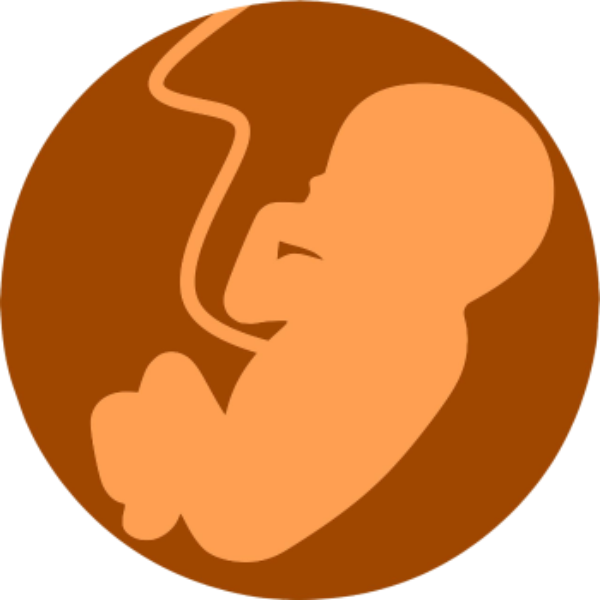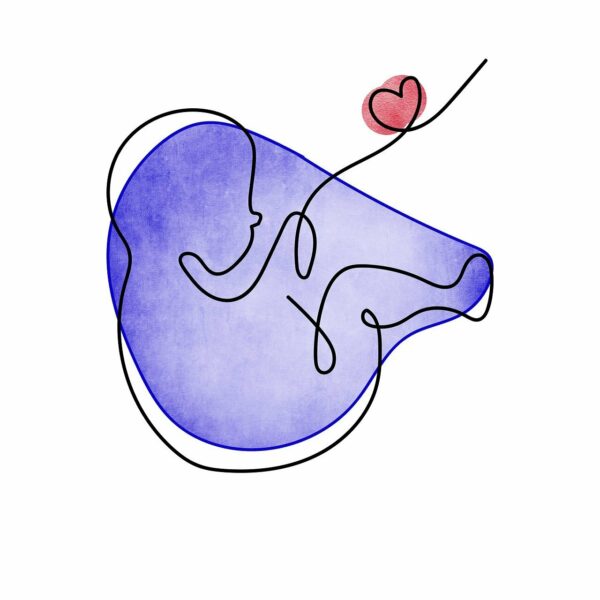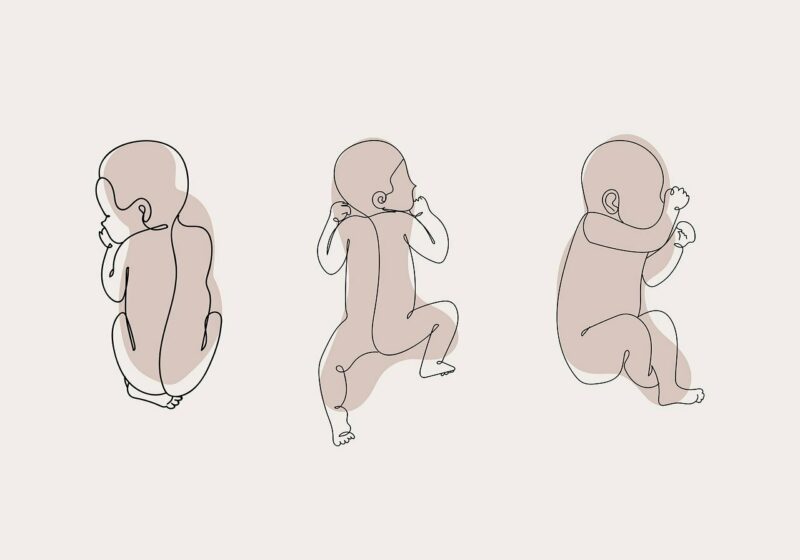Trauma, the body and the nervous system are all fascinating to me. As someone who is trained in multiple bottom-up modalities and works with developmental trauma, the natural next area of my learning journey is retained primitive reflexes.
Transforming the Experience-Based Brain is a training that I’ve had my eye on for a few years, but chose to wait until the end of my intermediate year of Somatic Experiencing. It is an attachment-based approach, rooted in neurophysiology, based on creating a somatic trust template that then paves the way for completing retained primitive reflexes.
So here I was, in Brooklyn, New York, excited for in-person Module One (of three).
-------------
Primitive reflexes are involuntary physical reactions that originate in the central nervous system and are exhibited by babies. Primitive reflexes typically disappear within the first year of life. If they persist beyond a normal developmental timeline, they can express as sensorimotor challenges and autonomic nervous system dysregulation….and can look like ADHD (amongst other common diagnoses).
Emerging around 5-7 weeks in-utero, and normally gone by 12 weeks in-utero, a retained Fear Paralysis Reflex can lead to sensory sensitivities, decreased stress tolerance, motion sickness, emotional outbursts, being prone to conflict and problematic peer interactions, anxiety, difficulty settling, sleep disturbances, and compulsive traits.
(This was the story of my life until my mid-thirties where, after a few intense years of yoga and meditation, self-regulation was possible. Prior to that, I couldn’t speak a full sentence without a cuss word, nor sleep more than four hours without waking wide awake.)
-------------

Credit: Mohamed_hassan
As an embryo, the only survival reflex available is to curl in even tighter and pull away, in search of the comforting containment of the uterine wall. And then, just like an infant in a swaddle or a child who experiences the comforting containment of a caregiver's lap, the stress response cycle completes and relaxation emerges. However, as a 5-7 week embryo, this primitive reflex did not complete itself and became retained, impacting my neurodevelopment. I've since learned that the retention of primitive reflexes can also be hereditary.
-------------
When the trainer, Steve Terrell, asked if I wanted to volunteer for the next demo (based on my body’s response to a practice session), I enthusiastically responded. “Sure!”
Lying on my back on the massage table, Stephen Terrell invited me to close my eyes, to feel into the angle of my feet in relation to the table, and to then show with my hands what I thought my feet were doing. In my mind’s eye, my left foot was maybe 20 degrees to the left of vertical, right foot was veering about 45 degrees right of vertical.
Nope.
Steve then took a photo of my feet, to show me that I was way off. He asked me for my thoughts on why I was so off. Thinking for a second and drawing upon my yoga training, “Oh, it probably because of a twist in my sacrum.”
He then asked me to breathe into my sacrum, where he had placed his hand. My hands became like little balls on my chest and my upper body was in fetal position. After a minute, my right leg began jerking and shaking. It took a few minutes, but then the left leg started joining in. My hips began shimmying from side to side. My hands started clenching, with progressively more intensity. And then my legs zipped together and I began flopping - undulating - on the table.....just like a tadpole. My embryonic self was swimming - searching - pushing with increasing force with each undulation into my back....the waves slowed as my upper back, shoulders and the back of my head made deeper and deeply satiating contact with the table (i.e. the uterine wall).
Stillness emerged. I was floating in the womb again.
--------------

Credit: BiancaVanDijk
As a curious side note, perhaps related to this retained primitive reflex and perhaps not, every lover has had The Talk: if you touch my navel, I would punch you in the face, with velocity. My navel is sensitive, painfully sensitive. And it's not funny. We don't playfully joke about this. It wouldn't matter if you were a toddler, an elderly person, my parents or a beloved lover, touch me there and you are going down. I can’t help but wonder whether this navel sensitivity is related to extremely early in-utero experiences of wanting to pull away but not being able to.
(Curiously, two months later, I am able to wiggle a lint-searching index finger into my navel.)
--------------
Steve asked Ellen, his assistant to sit by my side, so that he could debrief with the class.
My ears and eyes started orienting to the space. My head turned, to follow my eyes towards Ellen. My eyes caught her eyes, soft and warm, full of love. The maternal gaze. I started crying. What a gift, to become imprinted consciously with the maternal gaze in such a way that I will always be able to recall it. Ellen wiped my tears away, which was kind because I couldn't really move my arms, which were now by my side. Besides, my hands were still curled up and fingers incapable of fine motor skills.

Credit: BiancaVanDijk
My neck started getting sore (it didn't take long), so I turned my head away, and then back towards Ellen, her warm soft eyes awaiting me. I did this a few times, soaking in the sweetness of all the other nervous systems in the space. An awareness emerged: the expectation of my eyes being met by warm, soft eyes; the deep knowing that Ellen wasn't going anywhere. She was here. Just for me. My birthright.
An incredible sense of safety flooded my body, intermingled with the grief of the tenderness of an even deeper remembering, and I sank more deeply into the massage table, allowing it to hold me even further.
I rolled towards Ellen, and let myself rest a bit longer. There was nowhere to go, nothing to do, other than be bathed in the protection and safety of love.
Sign up with your email to receive news and updates.